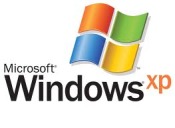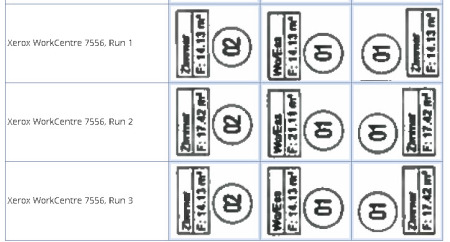Come find out more about Wild Apricot
 Friday, August 30, 2013 at 10:49AM
Friday, August 30, 2013 at 10:49AM  On September 13, 2013 I will be facilitating a meeting revewing Wild Apricot. Here is a quick overview of the event,
On September 13, 2013 I will be facilitating a meeting revewing Wild Apricot. Here is a quick overview of the event,
Do the following features interest your nonprofit?
- An easy solution to run your website, something everyone in your organization can update.
- A mass email solution that allows you to track all interaction with your constituents.
- Accounting and web payment processing that integrates with Quickbooks and other accounting programs.
- Blogging, Forum, and Member Area functions native to the system.
- A no-maintenance system that is hosted for you, for a low monthly fee, between $25 an $200 a month based on the size of your organization.
Wild Apricot might be the answer.
Wild Apricot is web-based software for small associations and non-profits to help manage membership, website, events and other activities. It is "cloud" software, meaning it runs through a web browser without needing to install anything on your local computer. It is built for small organizations, under 5000 members.
Join us for a free session to find out more!
Thanks to T4T for hosing the session, if you would like to attend, please register here,
Save your nonprofit time, money and hassle with a single website donor/member management solution
If you have any questions, feel free to contact me.




